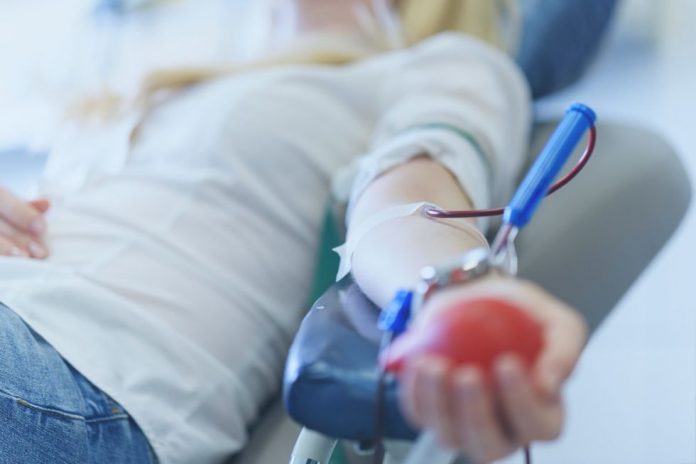A new study has reported that the transfusion of blood from young mice into old ones reversed mice reversed the cognitive decline of aging. The old mice’s memory and learning ability was improved; in addition, their exercise capacity was improved. The findings may lead to new therapies to treat cognitive decline such as Alzheimer’s disease in humans.
The study authors note that as human lifespan increases, a greater proportion of the population is suffering from age-related cognitive impairments; thus, making it important to determine a means to combat the effects of aging. They explained that that exposure of an aged animal to young blood can counteract and reverse pre-existing effects of brain aging. The reversal occurred at the molecular, structural, functional, and cognitive levels. They conducted a genetic analysis substances known as heterochronic parabionts. They found that nerve cells in the hippocampus were rejuvenated in the old mice. The hippocampus is a region of the brain where memories are stored and the first area that deteriorates in individuals with dementia such as Alzheimer’s disease.
The new research was based on earlier studies in in which the blood circulation systems of old and young mice were surgically connected, in a manner similar to conjoined (“Siamese”) twins. In these studies, the older mice essentially got younger while younger mice got older. The investigators note that among the factors associated with more youthful effects is the recovery of the function of stem cells and neurons (brain cells), which often is lost during the normal aging process. In addition, healthier blood vessels and blood flow in the brain and elsewhere are associated with younger blood.
The new study took a simple approach to of its research: They injected plasma derived from the blood of young mice into old mice. The result was a significant improvements in learning and memory retention. Although, they did not determine the underlying mechanism, their study opens up a whole new field of research. Future research could also determine whether the transfusion of young blood could increase life span.
The investigators cautioned that much more research is needed to determine whether the findings might apply to humans. A number of promising mouse studies conducted in the past were found to be ineffective for humans.








